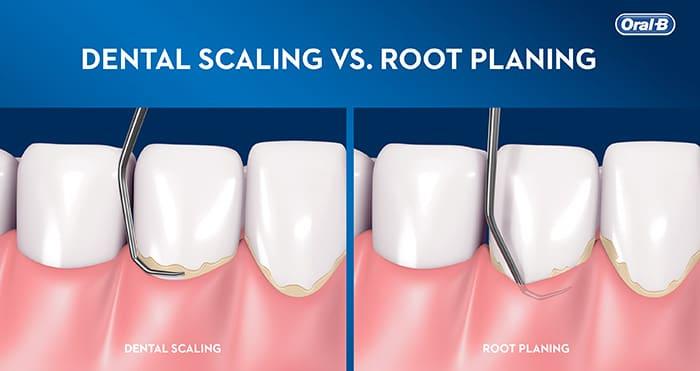Dental scaling is a professional cleaning procedure that removes plaque, tartar (calculus), and stains from the surfaces of your teeth, especially below the gumline. It plays a crucial role in preventing and managing gum diseases such as gingivitis and periodontitis.
Over time, plaque—a sticky film of bacteria—builds up on teeth. If not removed by regular brushing and flossing, plaque hardens into tartar, which can only be removed by a dental professional. Tartar buildup irritates gums and creates pockets where bacteria thrive, potentially leading to inflammation, bleeding, and gum disease.
During dental scaling, a dentist or dental hygienist uses specialized instruments, such as ultrasonic scalers or hand scalers, to gently break down and remove deposits from teeth and gums. This process cleans areas that are difficult to reach with regular brushing.
Dental scaling is often combined with root planing, which smooths the tooth roots, helping gums reattach firmly to teeth and reducing infection risk. The procedure is typically painless, though some sensitivity or mild discomfort may occur.
Regular dental scaling—recommended every six months or more frequently for those with gum issues—is essential to maintain oral health. It prevents cavities, freshens breath, and promotes healthier gums, ultimately preserving your natural teeth.
Maintaining good oral hygiene at home, including brushing twice daily and flossing, complements professional scaling and supports lasting dental health.
If you notice bleeding gums, persistent bad breath, or gum tenderness, consult your dentist about dental scaling to protect your smile.

